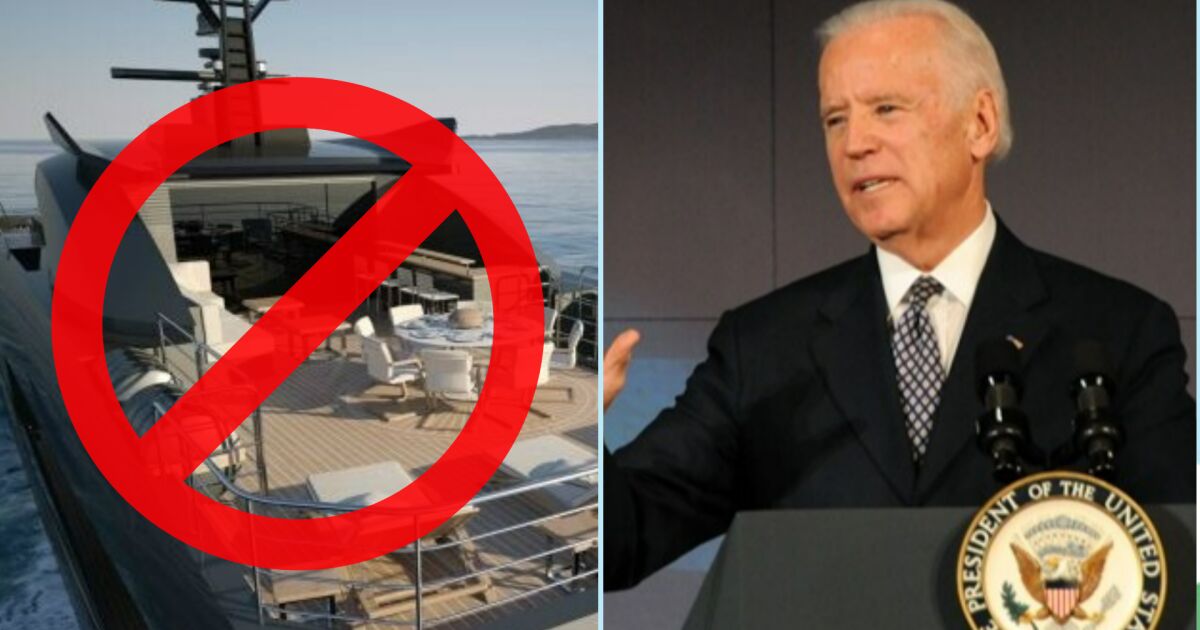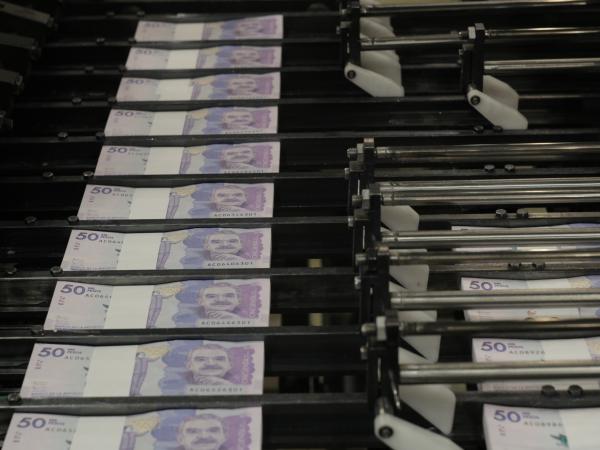“There is tremendous uncertainty, but we and other outside forecasters expect inflation to subside over the next year,” Rouse told reporters as the White House unveiled the budget proposal, which now must be considered and signed into law by a deeply divided Congress.
Rouse said the White House would review its economic assumptions later in the year, incorporating the war in Ukraine and its impact on inflation.
As established in November, the budget proposal assumed a real expansion of the Gross Domestic Product in the United States of 2.8% in fiscal year 2023 compared to 4.2% in fiscal year 2022 and 5.5% in fiscal year 2021.
In November, Rouse told reporters, the White House assumed inflationary pressures would ease as the economy began to normalize at a time when supply chain pressures began to ease, fiscal support for the economy was reversed, and the Federal Reserve will start raising interest rates.
Russia’s invasion of Ukraine “would create additional price pressures over the next year,” but the fundamental factors underpinning the economy should continue to improve.
crimes and weapons
The White House is also proposing $6.9 billion to help NATO and the “fight against Russian aggression” in Ukraine, as well as an additional $1 billion in assistance to kyiv.
If Congress adopts the budget, this amount would go on to increase other aid already disbursed in favor of Ukraine.
The funds would be used to “enhance the capabilities and readiness of US forces, NATO allies and regional partners against Russian aggression” against Ukrainian sovereignty, the White House said.
A sharp increase in defense spending is likely to upset the left wing of the Democratic Party.
Nationwide, the plan includes $3.2 billion to increase the number of police on the ground and $30 billion to fight crime.
The Biden administration also wants to increase resources to combat gun violence with an allocation of $1.7 billion.
It has also budgeted $1.4 billion for the World Bank’s International Development Association (IDA).
“This investment reestablishes the historical role of the United States as the World Bank’s largest donor to support the development of low- and middle-income countries,” reported the White House, which affirms its conviction that contributing to global stability, mitigating climate and health risks is beneficial to the United States and Americans.
With information from Reuters and AFP.








